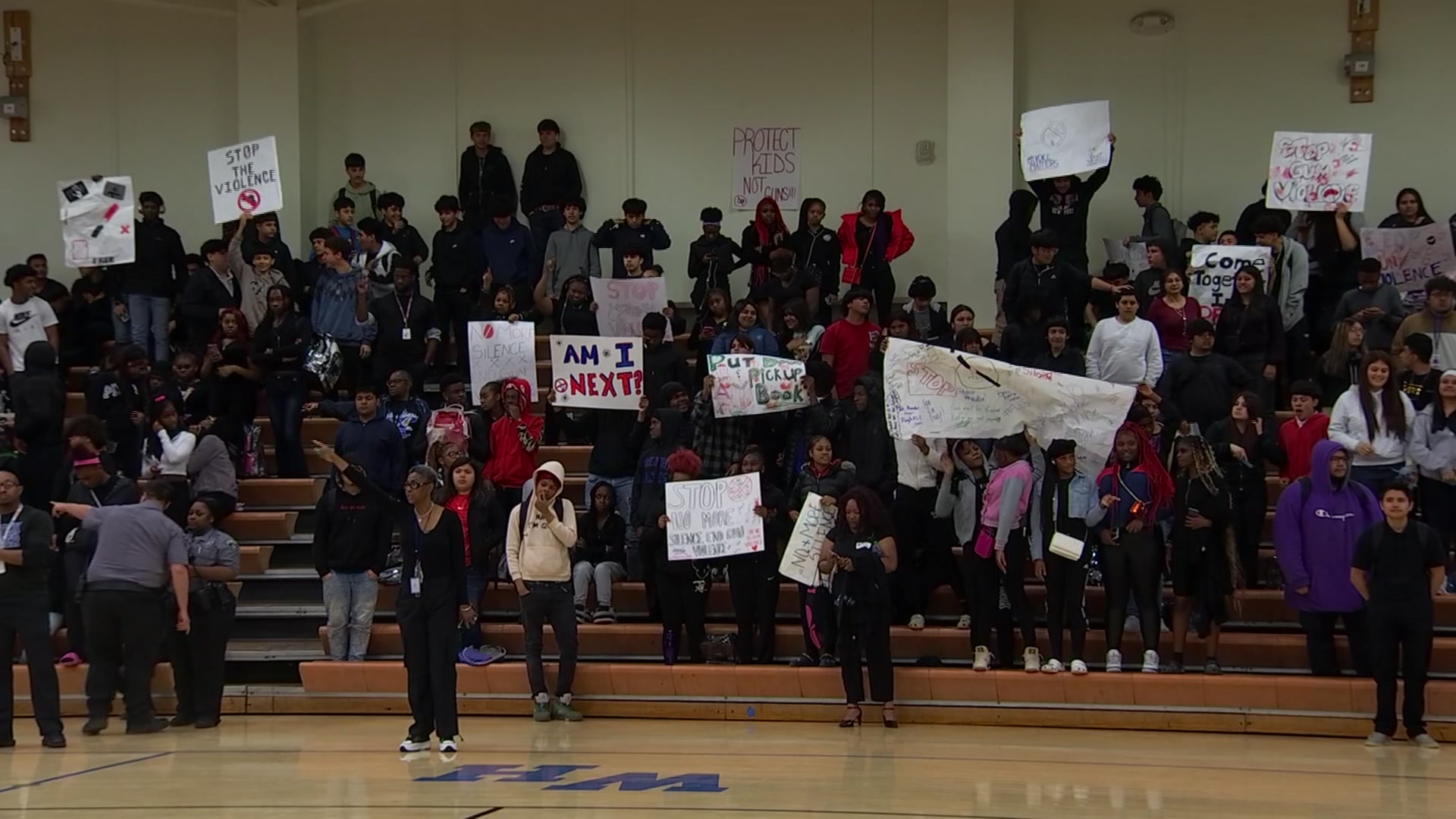Lower fuel prices are boosting airline profits and leaving enough left over for passengers to get slightly lower fares.
United Continental Holdings Inc. and Southwest Airlines Co. reported Thursday that fourth-quarter earnings soared as fuel spending dropped by about one-third, saving them hundreds of millions of dollars.
Both airlines announced plans to buy more planes and reward shareholders by purchasing more of their own stock, which makes remaining shares more valuable.
Airline stocks have slumped in early 2016 as investors fear that cheap fuel will encourage airlines to add too many flights, creating a glut of seats that will lead to lower fares.
United and Southwest executives said demand remains strong, but they conceded that a dip in fares that began in 2015 is extending into the new year.
The average one-way fare on Southwest fell more than 5 percent -- to just under $150 -- compared with a year earlier. United didn't disclose its average fare, but both airlines reported that on a per mile basis, passengers paid about 7 percent less than in late 2014.
Discount airlines like Spirit and Frontier are putting pressure on the big airlines by touting low fares that include a seat and not much more -- carry-on bags, soda and assigned seats all cost extra. United said that later this year it will begin selling "entry-level" fares for the most cost-conscious customers. Delta sells "basic economy" tickets that can't be changed and don't let passengers pick a seat. American has said it too will introduce a no-frills fare this year.
Local
The latest news from around North Texas.
Even with the slide in fares, the big carriers are confident enough to order new planes. United said it would buy 40 Boeing 737-700 jets to replace smaller planes operated for it by regional airlines. Southwest will buy 33 new 737-800s, converting orders for smaller 737s and phasing out older models of the same plane by mid-2018.
In addition, United said it will buy back $750 million in shares during the first quarter, and Southwest will buy back $500 million in stock.
For the fourth quarter, United Continental Holdings Inc. reported income of $823 million, up from $28 million a year ago.
Excluding one-time items, the company earned $2.54 per share, a nickel short of expectations by industry analysts according to surveys by Zacks Investment Research and FactSet.
United, the nation's third-biggest airline, saved $912 million, or 36 percent, on fuel compared with a year earlier.
Because of lower average fares, revenue fell 3 percent to $9.04 billion, slightly below the $9.08 billion average forecast from the FactSet analysts. The decline would have been worse if not for growth in "other" income -- things like bag fees, ticketing fees, and money from the MileagePlus loyalty program.
United CEO Oscar Munoz, who has been on medical leave since suffering a heart attack in October and had a transplant Jan. 6, made a surprise appearance on a conference call with analysts. Munoz declared, "I feel great," and said he expected to return by the end of March.
Under Munoz and acting CEO Brett Hart, Chicago-based United has been reviewing its operations from the boarding process to the coffee served in flight. There have been signs of progress -- United rose to fourth among U.S. airlines in on-time performance in the latest government figures.
Southwest Airlines Co., the No. 4 U.S. airline, earned a record fourth-quarter profit of $536 million, nearly triple its year-ago income. The Dallas company saved $369 million, or 32 percent, on fuel, and projected it could cut fuel spending another $500 million this year if energy prices remain at current levels.
Excluding one-time items like fuel-hedging costs, the profit was 90 cents per share, matching Wall Street expectations.
Revenue rose more than 7 percent to $4.98 billion. Passengers flew 11 percent more miles, which helped offset the weaker per-mile fares.
While fuel spending plunged, both airlines reported higher labor costs -- a 19 percent increase at Southwest and an 8 percent rise at United. After years of concessions during the airline industry downturn of the last decade, labor groups are now negotiating for raises and signing bonuses. Many workers are also getting profit-sharing.
Alaska Air Group, parent of West Coast-based Alaska Airlines, reported profit of $191 million, up 29 percent from a year ago. Adjusted earnings of $1.46 per share beat Wall Street forecasts of $1.41, and the company announced a 38 percent increase in its dividend.
Alaska's shares jumped 8.1 percent to $72.61, while United and Southwest both closed up less than 1 percent.



